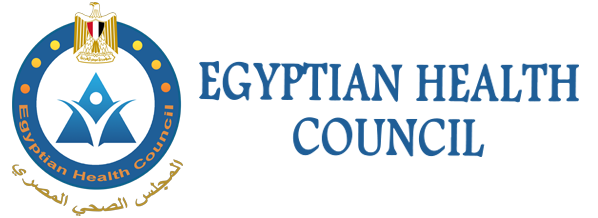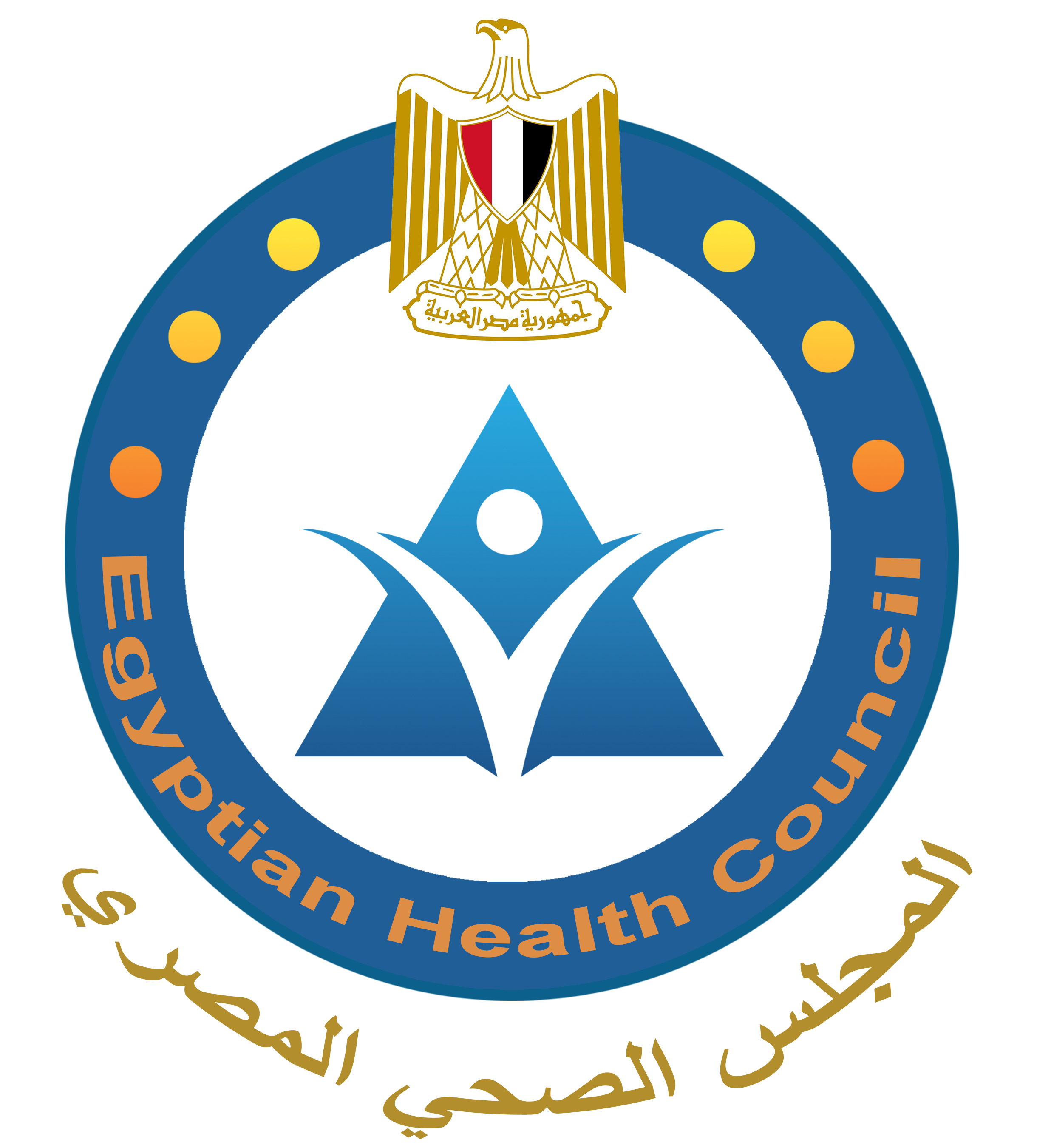
Ischemic Stroke
"last update: 9 May 2024"
- Glossary
Acute stroke service - Consists of: a) a comprehensive stroke centre (CSC) providing hyperacute, acute and inpatient rehabilitation including thrombectomy (thrombectomy centre) and neurosurgery; or b) an acute stroke centre (ASC) providing hyperacute, acute and inpatient rehabilitation. All components of a specialist acute stroke service should be based in a hospital that can investigate and manage people with acute stroke and their medical and neurological complications.
Alteplase - A medicine used for thrombolysis.
Angiography - A technique that uses X-ray technology to image blood vessels.
Anticoagulants - A group of medicines used to reduce the risk of clots by thinning the blood.
Antiplatelets - A group of medicines used to prevent the formation of clots by stopping platelets in the blood sticking together.
Antithrombotics - The generic name for all medicines that prevent the formation of blood clots. This includes antiplatelets and anticoagulants.
Atherosclerosis - Fatty deposits that harden on the inner wall of the arteries (atheroma) and roughen its surface; this makes the artery susceptible to blockage either by narrowing or by formation of a blood clot.
Atrial fibrillation - A heart condition that causes an irregular heartbeat, often faster than the normal heart rate.
Cardiovascular disease - Disease of the heart and/or blood vessels.
Carotid angioplasty - surgical procedure that widens the internal diameter of the carotid artery, after it has been narrowed by atherosclerosis.
Carotid arteries - Main blood vessels in the neck, which supply oxygenated blood to the brain.
Carotid stenosis - The narrowing of the carotid arteries in the neck.
Computed tomography (CT) - An X-ray technique used to examine the brain.
Cost-effectiveness - The extent to which the benefits of a treatment outweigh the costs.
Doppler ultrasound - An imaging technique that measures blood flow and velocity through blood vessels.
Gastrointestinal bleeding - Bleeding anywhere between the throat and the rectum.
Hyperlipidaemia - Raised levels of lipids (cholesterol, triglycerides or both) in the blood serum.
Hypertension - Raised blood pressure.
Ischemic stroke - A stroke that happens when a blood clot blocks an artery that is carrying blood to the brain.
Magnetic resonance imaging (MRI) - A non-invasive imaging technique that allows for detailed examination of the brain.
MRI with diffusion-weighted imaging - This type of scan shows areas of recent ischemic brain damage.
Stroke - A clinical syndrome, of presumed vascular origin, typified by rapidly developing signs of focal or global disturbance of cerebral functions lasting more than 24 hours or leading to death.
Thrombectomy - The excision of a blood clot from a blood vessel.
Thrombolysis - The use of medicines to break up a blood clot. An example of a thrombolysis medicine is alteplase, also sometimes called tPA.
Transient ischemic attack (TIA) - An acute loss of focal cerebral or ocular function with symptoms lasting less than 24 hours and which is thought to be due to inadequate cerebral or ocular blood supply as a result of low blood flow, thrombosis or embolism associated with diseases of the blood vessels, heart, or blood.